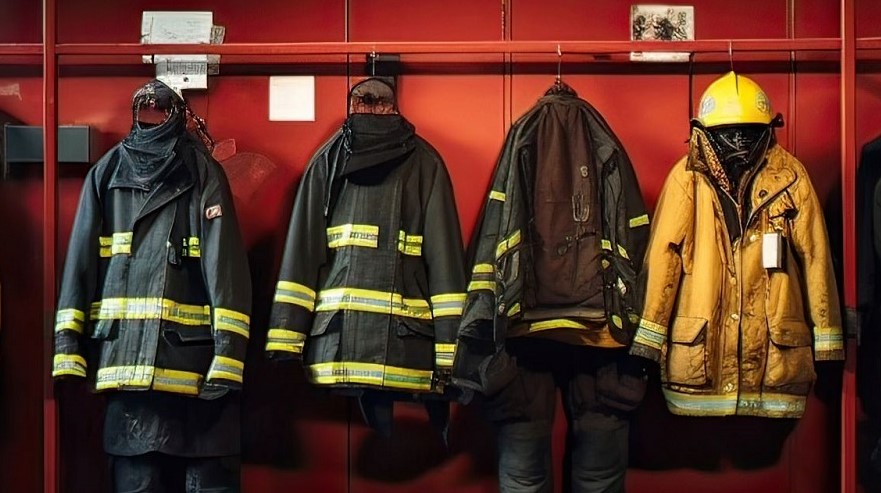Toronto (City) v WSIAT, 2025 ONSC 522
In a rare decision earlier this year, the Ontario Superior Court issued a scathing ruling overturning three separate Workplace Safety and Insurance Tribunal (WSIAT) decisions, quashing the Tribunal’s decision to award initial entitlement to cancer on a presumptive basis in each claim.
In Toronto (City) v WSIAT, 2025 ONSC 522, the City of Toronto had applied for a judicial review of nine WSIAT decisions which involved three separate workers in very similar situations. Interestingly, there were 3 separate decisions in each case because the WSIB itself requested reconsideration of the allowance decision and challenged the Panel majority’s ruling.
The workers, three Communications Dispatchers, had each contracted breast cancer and filed a claim for benefits under the presumptive cancer in firefighters legislation. Under the Workplace Safety and Insurance Act (the WSIA), in the event that a firefighter (defined as anyone employed in a fire department to undertake for fire protection services) is diagnosed with a prescribed disease (which includes breast cancer as per O. Reg 253/07), the disease is presumed to be occupational unless the contrary is shown. WSIB Policy 23-02-01, Cancers in Firefighters and Fire Investigators reiterates these requirements. Neither the legislation or Policy define how to rebut the presumption of work-relatedness.
In adjudicating the workers’ claims, the WSIB found that each of the workers satisfied the initial criteria needed to establish presumptive entitlement to benefits for breast cancer. However, it was found that the presumption of work-relatedness had been rebutted as it was determined that Communications Officers were not exposed to the type of health risks that are associated with the development of cancer. In other words, their workplace duties were considered and found not to contribute to the development of cancer.
Upon appeal, the Appeals Services Division of the WSIB upheld the rebuttal of the presumption of work-relatedness, finding that an investigation into the workers’ employment circumstances was warranted so as to determine their actual risk of exposure to cancer causing agents in their work.
The workers then appealed their claims to the WSIAT.
At the Tribunal level, each of the workers’ claims was presided over by Chair of the WSIAT, Ms. Rosemarie McCutcheon, acting as Vice-Chair over the proceedings. Ultimately, in a split decision in which the Employer Panel Member issued a written dissent, which is also quite unusual, the WSIAT overturned the denial of entitlement to breast cancer in each of the three workers’ claims. In doing so, the majority found that the presumption of work-relatedness had not been rebutted. In arriving at this decision, the WSIAT found that once it is determined that the worker has satisfied the criteria of the legislation and Policy 23-02-01, work-relatedness cannot be rebutted based upon the nature of the work or the work environment, as this would undermine the intention to streamline and simplify the process for establishing causation intended by law makers. They went on to say that Policy 23-02-01 was inconsistent with the primary objective of the WSIA because the Policy failed to include an explicit requirement that the worker engage in active suppression firefighting in order to enjoy the benefit of the presumption.
Following this decision, the City of Toronto filed for a judicial review, with the central issue in dispute being the manner in which the WSIAT interpreted and applied the rebuttable presumption of entitlement to cancer in “firefighters”. The Court was to determine whether or not their decisions were reasonable.
In a strongly worded decision, the Court found that the WSIAT’s decisions were “illogical”, “unintelligible”, and “clearly and obviously unreasonable”, overturning the WSIAT’s decisions and quashing the workers’ entitlement to benefits related to breast cancer.
Specifically, the WSIAT’s conclusion that only evidence of external causation could be considered in rebutting the presumption of work-relatedness was found to be unreasonable as Policy 23-02-01 “clearly” allowed for the consideration of any/all relevant evidence (paragraph 56). In other words, it was found that a party seeking to rebut the presumption of work-relatedness in presumptive cancer claims can rely on evidence that the worker’s job duties would not reasonably have contributed to the worker’s diagnosis.
The Court found that allowing for the consideration of the worker’s job duties does not undermine the legislation, as the presumption would remain operative. Workers would only need to prove they met the listed criteria in order to have presumed entitlement. The onus would then shift to the party seeking to rebut entitlement, and if they failed to do so, the presumption would prevail and benefits would be in order (paragraph 59).
This decision is particularly noteworthy not only for being a decision of the Superior Court (as successful judicial review is a rare occurrence in workers’ compensation law), but also because it overturns a decision of the Chair of the WSIAT, implementing and supporting the positions put forward by the employer’s representative and the Employer Panel Member at the WSIAT level.
Employers should take particular note of this decision as it restores a degree of evidentiary balance, opening the door for employers to be able to rely on evidence previously excluded from consideration in rebutting presumptive cancer claims. Additionally, this decision may prompt additional challenges of WSIAT decision making in the context of other presumptive entitlement provisions (e.g. presumptive PTSD), hopefully allowing for an expansion of the consideration of evidence in those claims as well.










